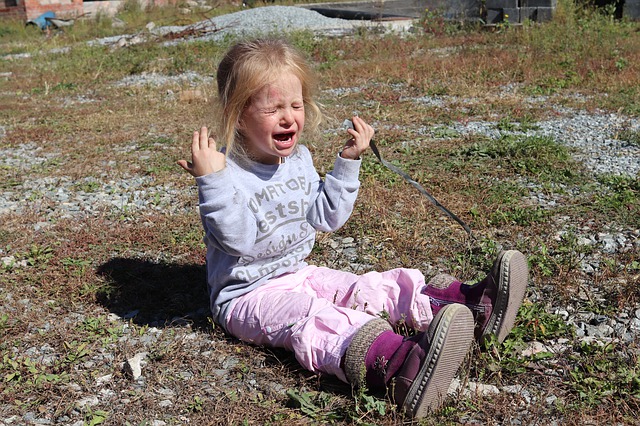
by The Children's Treatment Center | Oct 18, 2021 | General
Parents often avoid setting limits for their kids because they think doing so will upset the child. Not setting boundaries, however, can lead to an unhappy child who doesn’t know how cope with difficult feelings, which is an essential life skill. By setting...


